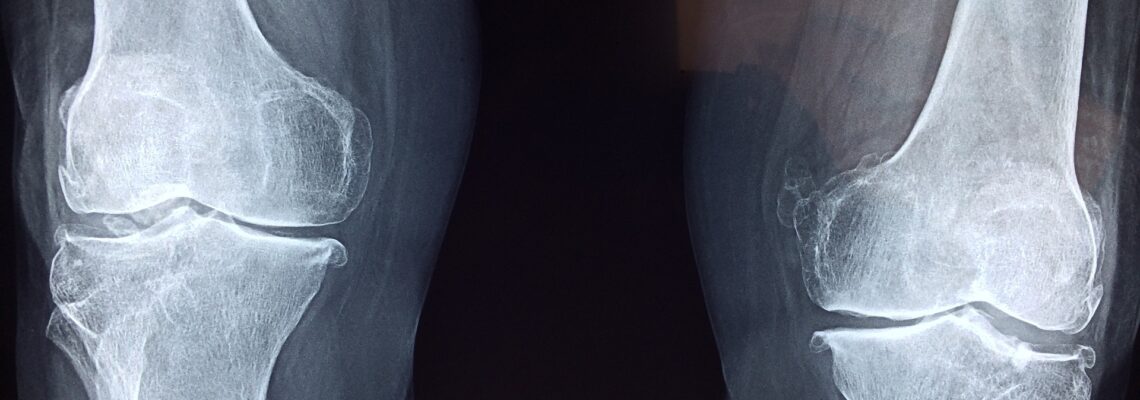
Understanding Orthopedic Surgery: Procedures, Risks, and Recovery
- April 27, 2023
- 0 Likes
- 163 Views
- 0 Comments
Orthopaedic surgery is a discipline of medicine that treats disorders of the musculoskeletal system. Bones, joints, ligaments, tendons, and muscles are all included. Orthopaedic surgeons are medical specialists who have been trained to diagnose and treat various disorders surgically and non-surgically. In this post, we will go through orthopaedic surgery in further detail, including the methods, hazards, and recovery time.
techniques Depending on the nature and severity of the ailment being treated, orthopaedic surgery may involve a variety of techniques. Among the most popular procedures are:
Common relief surgery is removing a damaged joint and replacing it with a essence, plastic, or ceramic relief. This is constantly performed on cases suffering from severe arthritis or common injury.
Arthroscopy is a minimally invasive treatment that inserts a small camera into the joint to descry and repair abnormalities similar as torn ligaments, cartilage damage, and bone spurs.
Spinal fusion is the joining of two or more vertebrae to stabilise the spine and relieve pain caused by disorders such as herniated discs and spinal stenosis.
Fracture repair entails realigning damaged bones and securing them with screws, plates, or rods.
Soft tissue repair methods include rotator cuff repair, which involves the repair of damaged tendons in the shoulder.
There are dangers connected with orthopaedic surgeries, just as there are with any surgery. Among the most common dangers are:
Infection: This is a risk with any surgical operation, but it is especially worrying with orthopaedic surgery since infections in the bones and joints can be difficult to treat.
Blood clots: Patients undergoing orthopaedic surgery are more likely to develop blood clots, which can be fatal if they go to the lungs or brain.
Orthopaedic surgery can sometimes cause nerve injury, resulting in numbness, weakness, or paralysis.
Anaesthesia complications: Although anaesthesia is intended to put patients to sleep during surgery, it can occasionally result in complications such as allergic responses or breathing difficulties.
Recovery
The recovery time for orthopaedic surgery varies according to the technique and the patient’s unique circumstances. Patients should expect some discomfort, edoema, and stiffness following surgery, which can be controlled with medication and physical therapy. Patients must follow their surgeon’s post-operative care instructions, which may include rest, ice, compression, and elevation (RICE), as well as exercises to help regain strength and flexibility.
To summarise, orthopaedic surgery is a complex and specialised profession that plays an essential role in the treatment of musculoskeletal diseases. While these operations include dangers, they can often give great comfort and enhance patients’ quality of life. If you are considering orthopaedic surgery, it is critical that you consult with a knowledgeable surgeon who can help you understand the procedure’s benefits and risks and build a personalised treatment plan to meet your needs.


Leave Your Comment